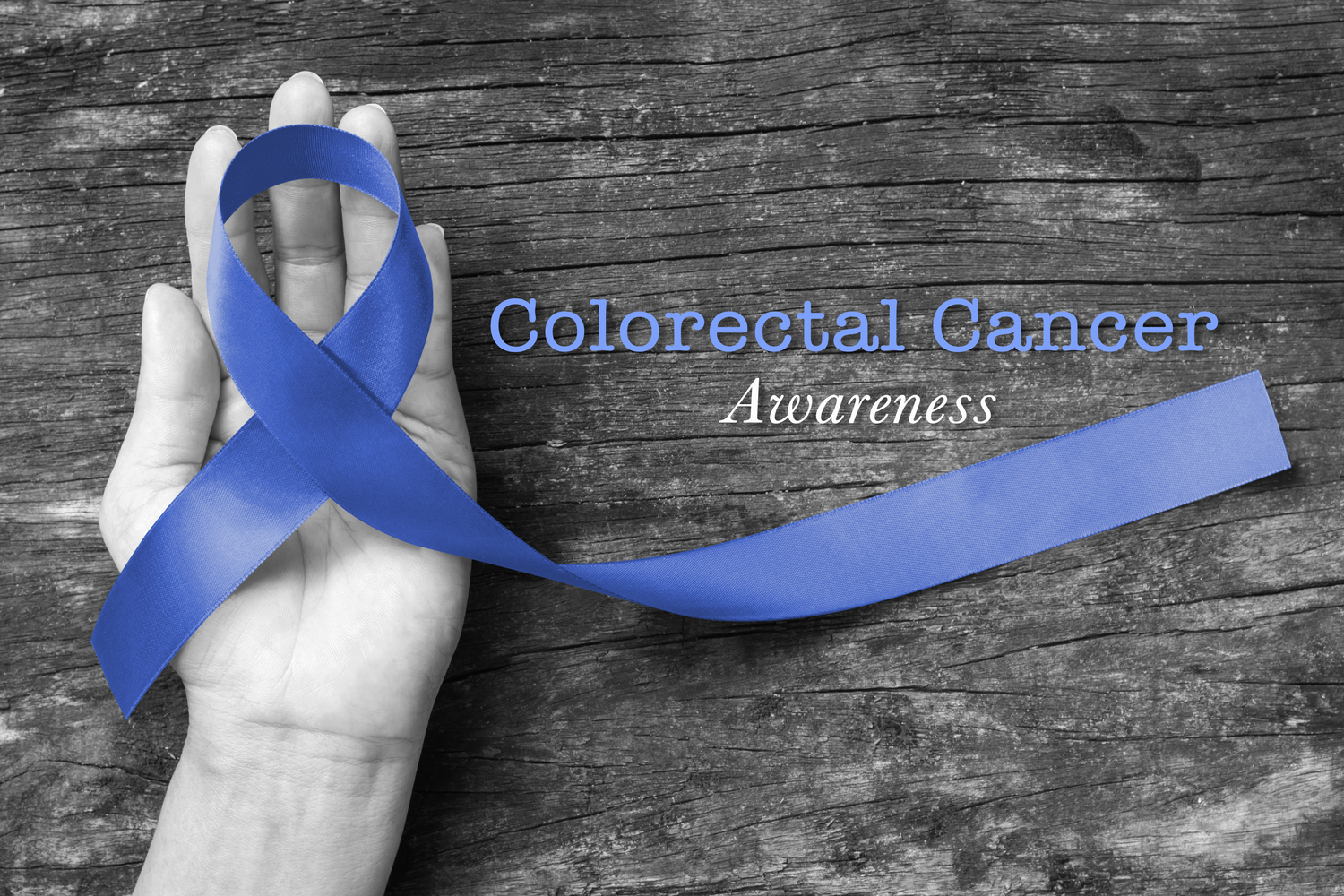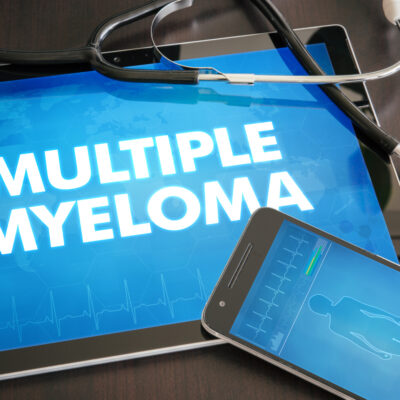
Risk factors for colorectal cancer
Colorectal cancer is the most common colon cancer, accounting to 95% of colon cancers. Doctors and researchers are still not able to identify causes of colon cancer. Extensive research was able to determine risk factors, some of which have been listed below.
Genetic mutations: Genetic mutations increase the risk of colon cancer. Hereditary nonpolyposis colorectal cancer (HNPCC), which is also called Lynch syndrome, increases the chance of colorectal cancer for adults above the age of 50. Familial adenomatous polyposis (FAP) is a genetic syndrome that causes the growth of hundreds of polyps in the colon and hence increases the risk of colon cancer before the age of 40. Genetic testing can help identify risk and plan accordingly.
Family history: Analysis of a number of patients who have had cancer indicated that 20% of those affected had a relative who had been affected. Parents, siblings, or children all share the same genes, and anyone who has suffered from colorectal cancer increase the risk for the rest. An adult relative who had cancer over the age of 60 increases this risk percentage.
Previous colon disease: If you have been affected by inflammatory bowel disease (IBD) such as Crohn’s disease, ulcerative colitis, or colon cancer previously, the risk of cancer developing in another part of the colon is very high.
Lifestyle: A lifestyle wherein a person remains in the same posture for long hours, or people who spend hours sitting or lying down using computers or watching TV, or those who drive for long hours of time all have a high risk of suffering from colorectal cancer.
Obesity and Type 2 Diabetes: Obesity is a risk factor for type 2 diabetes. The high levels of insulin in the colon can create polyps that can turn cancerous.
Age: Adults above the age of 50 fall under a high risk for colon cancer. Rare incidences of cancer have been noted in younger adolescents.
Race: African Americans have a higher risk of being affected by colon cancer.
Diet: Studies show that high fat and low fiber content can increase the risk of colon cancer.
Red meat: A very high consumption of beef, pork, lamb, and veal has shown a direct link to colon cancer. Meat cooked in high heat can contain carcinogens. Also, excess amounts of meat increases the iron content in the body that could damage cells.
Smoking: Swallowing some of the carcinogens while smoking causes cancer in the GI (gastrointestinal) tract. If these parts enter the colon through the blood, cancer can develop in the colon.
Alcohol: Daily, regular, or overuse of alcohol tends to change our DNA, increasing the risk of colorectal cancer.
Maintaining a healthy weight and eating a balanced diet with more natural food, giving up smoking and drinking, and regular screening can protect one from being affected by colon cancer.


